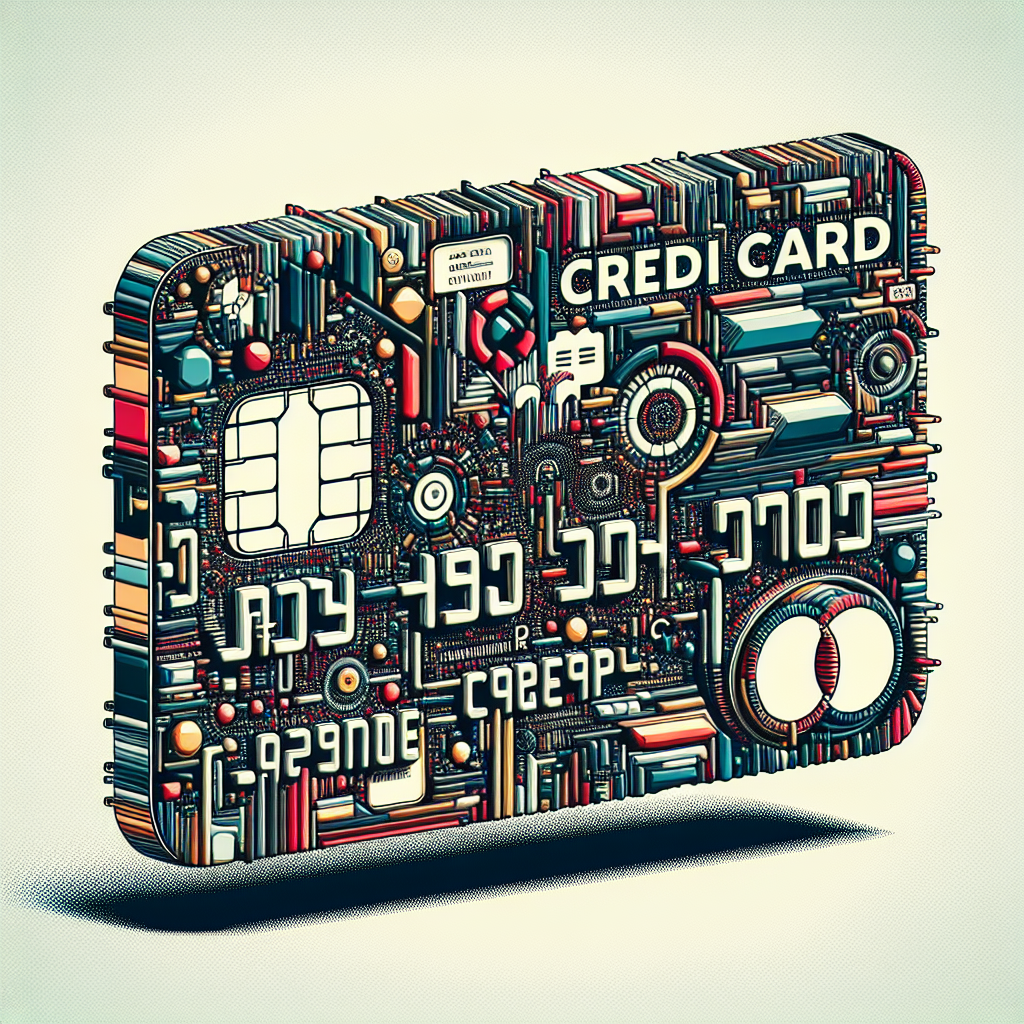Starting your journey toward a solid credit history means picking a card that not only jump-starts your credit score but also throws in extras like perks and purchase safeguards. Since certain premium cards might be out of reach initially, getting a clear picture of your credit rating first will help you zero in on the perfect match for your unique financial profile.
Top-Rated Starter Credit Cards
Discover it® Secured Credit Card: Best Secured Card with Rewards
User Score: 4.6/5
Bankrate Rating: 5.0/5
| Intro Offer | Cashback Match at year-end |
| Rewards Rate | 2% back on gas stations and restaurants (up to $1,000 each quarter), plus unlimited 1% on all else |
| Annual Fee | $0 |
| APR | 27.24% Variable |
Bankrate’s take: The Discover it® Secured Credit Card provides a straightforward way to build credit gradually while rewarding your everyday spending. Expect 2% cash back on combined purchases at gas stations and dining spots up to $1,000 quarterly, and 1% back on everything else. Plus, Discover doubles all the cash back you’ve accumulated at the close of your inaugural year.
- Advantages: Its easy-to-grasp rewards structure stands out among cards tailored for fair credit. It’s a balanced tool for both credit-building and earning perks, perfect for newcomers eager to get savvy with credit management.
- Drawbacks: Requires a minimum refundable deposit of $200, which is higher than some secured competitors. Additionally, Discover’s unsecured rewards cards typically carry modest incentives, particularly for travel enthusiasts, limiting upgrade appeal.
Key Details
- No credit score needed for approval.
- Refundable security deposit starting at $200 equals your credit limit.
- Avg. FICO® score boost of 30+ points after six months of responsible usage.
- Automatic account reviews after 7 months to explore upgrading to an unsecured card.
- Earn 2% cash back automatically on gas and dining, with 1% on all other spends.
- Unlimited Cashback Match offered after your first year—no minimum spend required.
- Complimentary dark web monitoring for your Social Security number.
- Terms apply.
Capital One QuicksilverOne Cash Rewards Card: Best Unsecured Card with Rewards
Bankrate Score: 4.0/5
| Intro Offer | None |
| Rewards Rate | 5% on hotels, vacation rentals, rental cars via Capital One Travel; 1.5% unlimited on all other purchases |
| Annual Fee | $39 |
| APR | 29.74% Variable |
Bankrate’s perspective: For those with spotty or limited credit histories, the QuicksilverOne offers a reliable launchpad, combining steady flat-rate rewards with credit-building features. Since your card activities report to all credit bureaus, responsible use helps improve your score.
- Pros: Simple earning rate that’s fair for those rebuilding credit and a good balance of rewards and credit-building functions.
- Cons: To truly offset the fee, you need to spend about $2,600 annually. Lacks introductory APR or welcome bonuses, limiting initial extra value.
Card Highlights
- Unlimited 1.5% cashback on all daily purchases.
- No rotating categories or caps, and rewards don’t expire.
- Automatic consideration for credit line increases after 6 months.
- Zero liability for unauthorized purchases.
- Free access to CreditWise credit monitoring tool.
- Contactless payments for quick, secure checkouts.
Capital One Platinum Credit Card: Best for Building Credit
User Rating: 4.2/5
Bankrate Rating: 4.2/5
| Intro Offer | None |
| Rewards | None |
| Annual Fee | $0 |
| APR | 29.74% Variable |
Bankrate’s analysis: This unsecured card requires no deposit and is easier to qualify for than many alternatives, making it a solid stepping stone for building credit. Although it lacks rewards, your focus should be on developing healthy credit habits. Credit limit increases can come as early as six months, making it one of the speediest cards for review.
- Advantages: No security deposit needed, supports credit utilization management with potential credit line bumps, no annual fees.
- Limitations: No rewards program and carries a high APR, making balances costly to maintain.
Features At A Glance
- Instant approval check without hidden fees.
- Eligible for credit limit increases within six months.
- Helps build credit via consistent use.
- Zero fraud liability protection.
- Free credit score monitoring with CreditWise.
- 24/7 account access via mobile and desktop banking.
- Contactless payments enabled.
- Flexible payment methods and custom due date selection.
opensky® Secured Visa® Credit Card: Best No Credit Check Option
User Rating: 3.9/5
Bankrate Score: 3.1/5
| Intro Offer | None |
| Rewards Rate | Up to 10% cashback (through merchant-linked offers) |
| Annual Fee | $35 |
| APR | 24.64% Variable |
Bankrate verdict: Opensky is a secured Visa that shuns credit checks, making it accessible for those with a blank slate or fresh bankruptcy. Despite a $35 annual fee, it reports payments to all three major bureaus, helping cultivate credit standing effectively.
- Pros: No credit history needed, large maximum security deposit ($3,000) aids utilization ratios.
- Cons: Rewards limited to card-linked deals, annual fee might be burdensome with low credit limits.
Essential Information
- Earn up to 10% cashback on everyday purchases via partner merchants.
- No credit check upon application; 89% approval rate with zero credit risk.
- Average credit score gain of 47 points after 6 months (2/3 cardholders).
- Free FICO® score tracking via app.
- Reports to Experian, Equifax, TransUnion.
- Compatible with Apple Pay, Google Pay, Samsung Pay.
- Refundable deposit starts at $200.
- Application process optimized for mobile; takes only minutes.
- Flexible payment deadlines and up to 60 days to fund your deposit via layaway.
- Trusted by over 1.6 million cardholders for credit-building.
Chase Freedom Rise® Student Credit Card: Best for Students
Bankrate Score: 4.2/5
| Intro Offer | $25 statement credit (for setting up autopay) |
| Rewards Rate | 1.5% |
| Annual Fee | $0 |
| APR | 25.99% |
Bankrate’s insight: Geared toward students, the Freedom Rise® card bundles many benefits found in Chase’s more premium Freedom Unlimited®. However, it is limited to in-branch applications only. Chase suggests having at least $250 in a checking or savings account to improve your odds. An automatic payment setup nets you a $25 statement credit, smoothing the way toward upgrading to the Unlimited version after a year.
- Pros: Enjoy features typical to top no-fee rewards cards along with Chase’s robust travel protections.
- Cons: In-person application only and a relatively steep APR that could penalize balance carrying students.
Student Card Highlights
- Higher approval likelihood with $250+ Chase deposit account.
- Earn 1.5% cash back on all purchases with no expiration and no minimum redemption.
- $25 statement credit after signing up for automatic payments within 3 months.
- Credit line increase reviews as soon as 6 months.
- Track credit score with Chase Credit Journey for free.
- No annual fees.
- Member FDIC insured.
Quick Facts: Credit Building and Card Features
According to recent data, approximately 30% of Americans have a credit score below 600, highlighting a huge market for starter cards. The average FICO® score increase from responsible use of secured cards is around 30-50 points within six months to one year. Furthermore, credit cards reporting to all three major bureaus (Equifax, Experian, TransUnion) consistently improve credit-building efficacy.
How to Pick the Right Starter Credit Card
1. Know Your Credit Score
Unlocking the perfect starter card begins with understanding your credit standing. While some credit-building cards offer sparse or no rewards, others strike a neat balance between perks and credit improvement. Use tools that compare credit limits, rewards programs, and fees to find your sweet spot.
2. Evaluate Perks and Protections
Beyond just points and cash back, many entry-level cards pack extras like travel insurance, purchase protection, and fraud alerts—features worth weighing against fees and APRs.
3. Scrutinize Fees and Interest Rates
Don’t let hidden fees sneak up on you. If the card has an annual charge, make sure the benefits justify it. APRs influence how expensive carrying a balance can be; aim to pay off in full monthly or keep low balances to dodge costly interest and penalties.
4. Maintain Responsible Credit Habits
Keep your credit utilization under 30%—your utilization ratio is a huge factor in your score. Promptly address any credit report errors to avoid long-term damage.
5. Don’t Overapply
Each new application can ding your score. Be selective and strategic in your credit card choices.
6. Know When It’s Time to Upgrade
Starter cards serve as your financial training wheels. Once you’ve leveled up your credit, it’s wise to transition to cards with bigger perks and higher limits.
Moving Forward With Confidence
Choosing the right starter card is about balancing your current credit state with your financial ambitions. Armed with insight and tools like Bankrate’s CardMatch, you’ll navigate this journey with clarity, leading to stronger credit and smarter spending habits.
FAQs About Starter Credit Cards
What’s the minimum age to get a credit card?
The law requires you to be at least 18 years old to apply for your own credit card.
Is it possible to build credit without a credit card?
Absolutely. Being added as an authorized user on a parent’s card, or responsibly managing student or auto loans, also counts. Credit-builder loans are another route to establish credit history.
Why is it important to build credit?
Your credit score is the ultimate trust score for lenders, landlords, and sometimes employers. Healthy credit unlocks better loan terms, rental opportunities, and financial freedom.


